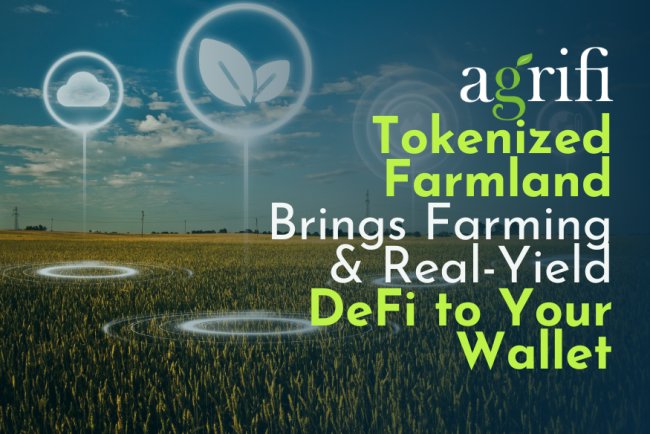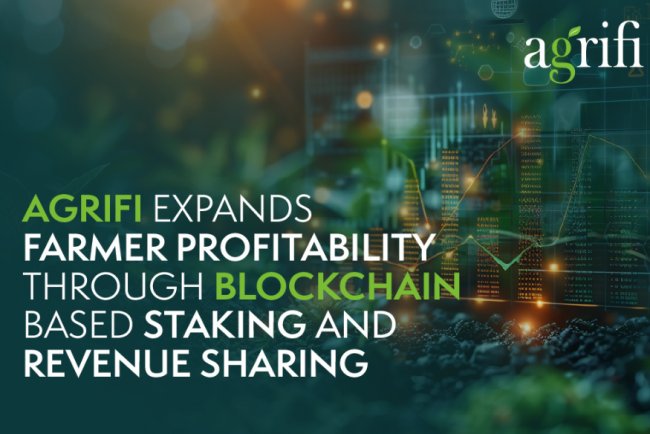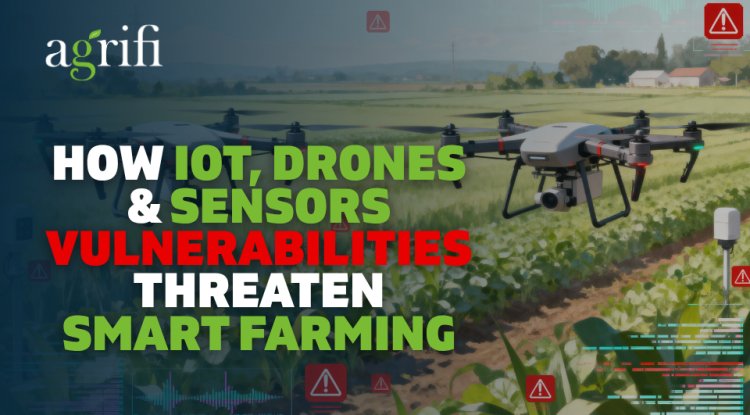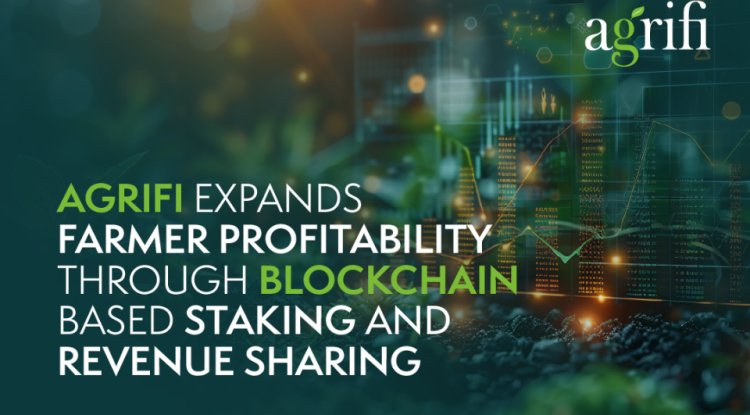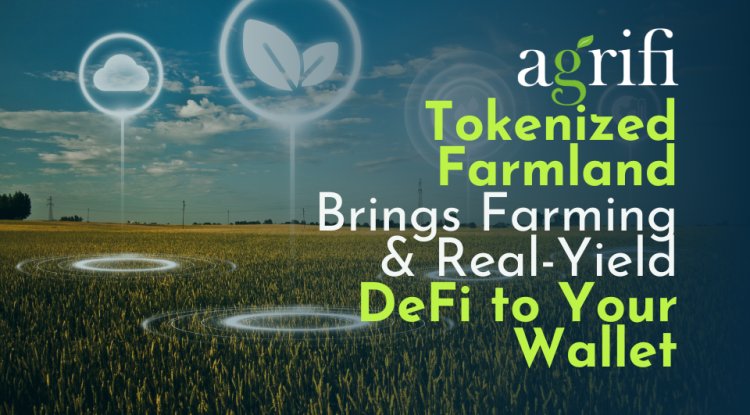How Web3 is Redesigning Agriculture
Agriculture is as old as humanity, but it has been tardy to embrace digital transformation. Conventional farming is plagued by several issues, including market inefficiencies, supply chain weakness, and cost pressures. Web3 technologies, led by blockchain, smart contracts, and decentralized finance (DeFi), are transforming farmers' engagement with markets, financial institutions, and consumers.

The Shortcomings of Old Farming Systems
Farmers everywhere are handicapped by old systems of agricultural commerce and finance, which cause problems including:
●Unfair Access to Markets – Farmers rely on middlemen and miss out on a large majority of their profits.
●Inadequate Transparency – Supply chains are full of inefficiencies, deceit, and price fixing.
●Poor Financial Inclusion – Smaller farmers often have no access to bank loans and equitable financial services.
●Payment Delays – Traditional banking systems slow down transactions, impacting farmers' liquidity.
How Web3 is Reshaping Agriculture
Web3 brings decentralization, security, and transparency to agriculture, solving many of these challenges.
1. Blockchain for Transparent Supply Chains
Blockchain technology enables tamper-proof record-keeping, allowing stakeholders to track the journey of agricultural products from farm to table. This:
●Reduces fraud and counterfeiting.
●Builds consumer trust by verifying product authenticity.
●Improves efficiency in logistics and quality control.
2. Fair Trade through Smart Contracts
Smart contracts reduce middlemen, guaranteeing instantaneous, safe transactions between purchasers and farmers. Such contracts:
●Instantly settle payments when stipulations are met.
●Lower transaction expenses linked with middlemen.
●Pay farmers deserved payment promptly, no longer exposing them to exploitative delays or denied claims.
3. Solutions to Farmers Through DeFi
Borderless and collateral-free access to loans and investment through Decentralized Finance (DeFi) opens windows to:
●Accessibility of micro-loans to obtain machinery, seedlings, and fertilizers.
●Staking mechanisms, as well as saving and incurring passive revenues.
●More equitable interest rates than conventional banks.
Real-World Impact: Web3 in Action
Initiatives such as AgriFi Crypto lead the way with Web3 solutions specifically designed for agriculture. Through blockchain and smart contracts, they provide:
●Farmer-to-consumer direct transactions.
●Transparency in the supply chain.
●Financial instruments that empower farmers.
Conclusion
Web3 is not just a technology wave—it's a revolution that emancipates farmers, minimizes inefficiencies, and creates an equitable agricultural paradigm. With an increase in the adoption of blockchain and DeFi, the agricultural sector will be able to realize greater profitability, transparency, and sustainability.
What's Your Reaction?









